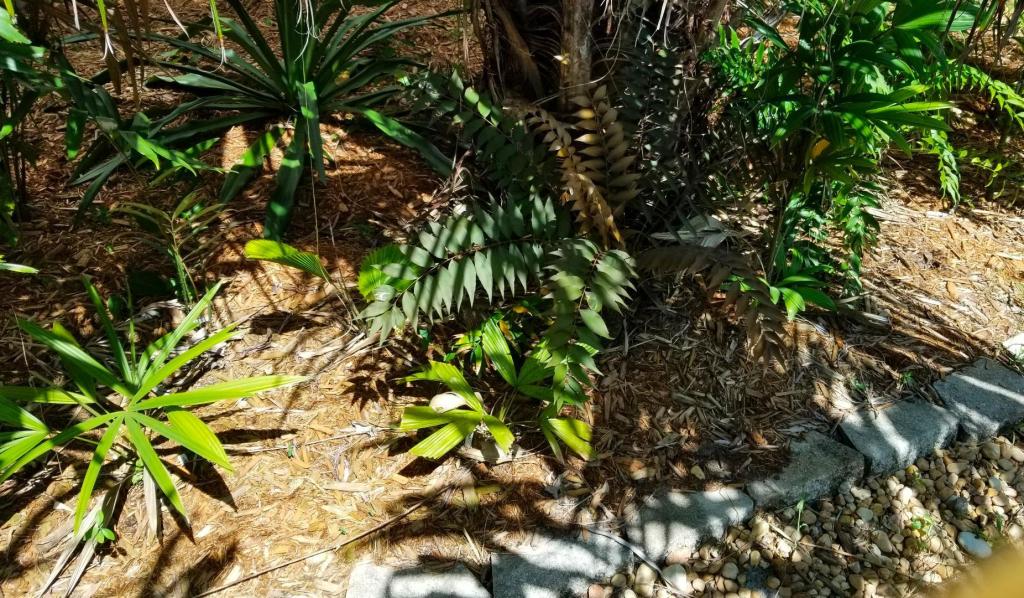Leaderboard
Popular Content
Showing content with the highest reputation on 07/27/2024 in all areas
-
13 points
-
So I bought 5 Wodyetia last fall that were not the happiest I’ve seen but too good to pass up . I knew at least two would pull through if I gave them a good place to winter down. I was concerned because , as luck would have it , we had an especially wet year. It was more than double our normal rainfall , and Wodyetia don’t like extended wet conditions . I posted in an earlier thread that two are now in the ground and growing fine . The other three were sad and showed no signs of growth. The fronds turned brown but the spears remained green . I checked every time I thought about it and they were dormant . Imagine my surprise when I was working around the garden and saw this . The fronds died weeks ago and I cut them off. The other two ( you can see one in the background ) are just sitting . The spears are green but no growth, I refuse to give up! Harry7 points
-
4 points
-
4 points
-
3 points
-
Welcome , you are amongst frond friends!!If you want mature palms they are expensive. For me , private growers do the best or local information from a person who grows palms , like @Silas_Sancona . This information is the best. I know Mule palms can be beautiful and if these folks say they can handle your area , I would tend to believe it. This forum has people All over the word that are more than happy to help. I can’t because my climate is different than yours . Those queens , most likely , will never look their best in my opinion , tons of water may help . If you see any in your area that look decent , it is because they have been fussed over which is fine if you want to do that . Most folks don’t. HarryIf you pass a yard like this , it’s probably one of us . We come from a different planet , according to my wife😂!3 points
-
CC in AZ, welcome to the forum, What you're seeing is pretty typical for Queen Palms here.. They just don't stand up to our heat all that well ..unless you want to spend a ton of money on keeping them watered and providing lots of fertilizer. Even then, there is no guarantee they will look good ..more like " decent", at best. Queen X Pindo cross = Mule is your best bet for tolerating our heat better. Washingtonia ..robusta and filifera ( CA. Fan = W. filifera, look much nicer, imo than the standard W. robusta, or hybrids between the two sps. ) Brahea armata, nitida, brandegeei, and some of the Sabal ( Palmetto ) species also do well here ..Sabal uresana, is our closest - native Palmetto sp, and is perfectly adapted to our climate. Two forms, a greener " coastal " form, and the " highland " silvery colored form. Both do fine here. Most of these species are easy enough to track down locally. A few may be rarer, but not too difficult to obtain. King palm, Archontophoenix cunninghamiana ..and all other Archontophoenix sps. are another group of palms that won't handle our heat / dry air ( outside humidity bumps during Monsoon season and the wetter winters ) unless you have a lot of tree canopy that provides shade 8am to sundown. Even then, their fronds will burn up on one of our famous dry / breezy days this time of year. Love a lot of water too. I see one of your Phoenix roebelenii ( Pygmy date palm ) looks like it is struggling behind one of the Queens.. These will do fine here, but need 2-3X a week deep soakings to get through the summer. Stay far away from Moon Valley.. The absolute worst place. Won't even walk into any of their nurseries myself. " wave " at them anytime i pass by the location near the house here. Two best nurseries near you: Desert Horizon, ..and ( even better ) Treeland, over on AZ Ave. Owner has a collection of mature palms planted on -site you can see that handle our heat w/ out much trouble, inc. a large Mule. Hope this helps.3 points
-
3 points
-
3 points
-
3 points
-
Hi Harry I don’t want to be the one to tell you but they are way to close to that wall especially the one near the copper pipes your call but I would remove them asap. Richard3 points
-
No I didn't dig a trench partway beforehand or anything. I used a all steel type shovel (Wolverine https://pacforest.com/Item/21 ) and dug it out in about 1 hour by digging a narrow trench around and undercutting it. used furniture moving straps to hand pull it over and washed off some clay mud to lighten it. then pulled it out of hole with car after it was apparent that doing it by hand was impossible without about 4 people. Stood it upright and put on a dolly and rolled it over.3 points
-
3 points
-
3 points
-
2 points
-
When this town was incorporated in 1918, crape myrtles were planted along the tree belt throughout the neighborhood. Some of the (presumably) original trees remain, but many have disappeared. Although 'Natchez' didn't become commercially available until 60 years later, (released by The National Arboretum in 1978) I thought it would be a good choice for in front of my house, to shade the sidewalk. These four were only planted a year ago; I'm really pleased with their speed of growth and flower production in such a short time. They're staked because early this spring when they were much more supple and probably not completely rooted in, a windstorm put them at a most unattractive 45° angle. Any suggestions as to when the stakes should come off? I was thinking of waiting until spring.2 points
-
WOOOOHOOOO!!!! Finally this Encephalartos Ferox flushed actual leaves! I bought this one as a big 15 gallon pot with a nearly-trunking caudex back in the summer of 2021. I planted it in August 2021 and it got sunburned a bit initially. Then the 25ish degree frost in January 2022 burned off half the fronds. And then it coned in the spring of 2022, and I made the apparent mistake of cutting off the cones. I thought it would force a flush, but instead it just sulked and coned again in the spring of 2023! So I just left the cones in place and finally it's pushing 14 new fronds!2 points
-
2 points
-
I planted a 15 gallon brazoriensis in the spring. I’m out of planting spots for the time being. Keeping that one until the greenhouse is finished to plant near it.2 points
-
2 points
-
2 points
-
I've grown Magnolia virginiana in Connecticut and would call its growth rate robust. There are certainly faster-growing trees but, unfortunately, not as beautiful. I think it's a good choice for your purpose.2 points
-
2 points
-
@peachy I hope it comes around for you. It can be tedious when weeds are relentless. For me , it is Spring . The last two wet years were pretty bad with the weeds. I would pull every one of them and a week later , more. That is not fun , or if I find any palms that aren’t happy after looking after them all winter. Richard’s garden pictures always make me want to tend to my little garden . I don’t have 5 acres to do so I feel bad when I complain to my wife. Harry2 points
-
Well I know it's not the best time of year to move this palm but the last 2 years this palm has taken lots more damage in it's spot in the yard. Add that to that it is growing too tall for where it was and I decided to move it by the house. There are a few more reasons including us not being able to see the palm where it was. Now it is more sheltered and going to be in a group of 3 or more going up close to the wall.2 points
-
2 points
-
It's even more impressive standing next to it! I was in awe! I have never seen a palm that large in person haha.2 points
-
I have lost two over the years , they can be hit or miss. I had one for several years and it was doing very well….until it wasn’t. The other one died a year after planting. I have learned a lot since then and realize that they like warm , if not hot , place in the garden . Also not too much water . I hand water now so I think with the two in the ground , I can keep them happy . Also the ones I’ve seen that do well were planted close to a wall for warmth. HarryThese have been in the ground for a few weeks and are growing well. This spot gets full sun and reflective heat until about 1 pm. The Rhapis get a bit more shade in the corner as does the Microspadix. I paid $10 each for them. Harry2 points
-
A few months ago several local Home Depots here got a bunch in. 10 gallon pots. 6 ft tall. Super nice big healthy specimens. $109. So I got two about 2 months ago and planted in the ground. Clay soil but I did some 50/50 amendment a bit around the root ball. The new spears have grown about 12 inches so far and they look fine but not growing as fast as I would have expected. The info tag says 30F+ zone 102 points
-
Can you elaborate a bit more about how you dug the hole? Just a (root slayer) shovel? Did you dig a trench beforehand to get underneath it better?2 points
-
Ditto Charlene! And the Borassus aethiopum are rippin too. 5 of 6 sent out the monster tap roots already. Waiting on #6. Fast, wow.2 points
-
2 points
-
In addition to leaflet stacking with Encephalartos latifrons hybrids I want to see that wide leaflet trait. The ratio of leaflet length to width biased to width. My favorite latifrons hybrid is this one which is with arenarius then backcrossed with latifrons pollen in the next generation. Super stcked leaflets which are chubby too.2 points
-
2 points
-
2 points
-
2 points
-
Here are mine: First the double headed purported C miraguama Then the tiny baby crinita And last the purported C argentea growing still in pot in my cold frame All pictures have been shot today, which is very instructive, because this time of the year is in my climate exactly the entry to new growth season and all induced winter damage is revealed.2 points
-
I'm not in Europe (Texas) but I had better success with Jubaea seeds that I planted directly in the ground than I did using a heat mat. From what I understand Jubaea seeds prefer fluctuating temperatures to germinate. With Butia seeds my best results came when I put the seeds in the refrigerator for several weeks before sowing since we don't have long periods of cold in winter. So what you're experiencing is not surprising to me.1 point
-
There is tons of info out there about Queen palm zones, growing in the deserts and in the long forum about Queen palms that I started here. I won't add much except I can understand your frustration when you buy a new home and move to a new state it is never good news or even believable to hear that what was planted there so long ago is not suitable for your desert area, but everything said above is accurate. Because its a nice tropical palm, there are diehard Queen palm folks who will keep trying to plant this tropical palm in the deserts though, but it is very difficult, and futile IMO. I wonder if Moon nurseries still sells Queen palms in Phoenix. Their Super Palm Juice is nothing more than Home Depot's tiny bottle of concentrated Super Thrive at 20 times the price!!1 point
-
OK, so Wilson has been through things that would've killed other palms. Was he transplanted three times in one year or did all this take place over a longer time period? That's a lot for a palm to go through, even (or especially) for a mature palm. This speaks to how tough windmills (Tracycarpus fortunei) are. In my personal opinion, they seem to be very well suited to the climate of the southeast UK, which neither gets too hot nor too cold nor too wet for them. Must be some fortunate combination of warm dry air coming from the continent and warm wet air from the Gulf Stream that keeps the polar air away. Their ideal temperature range is sort of exactly what Suffolk has to offer. In hotter climates, that thing probably would have shriveled up to a husk by now unless it was in shade most of the day. As for winter protection, I think what you have provided Wilson will continue to work unless there is a brutal, unusually cold winter coming. On the flip side, the cooler environment means this will be a slow grower. Given its size, the root system should be something like two to three times the diameter of the stem and about that deep as well, or deeper. It's working to grow all that back. Without good roots, it's too soon to start dreaming about a big bushy canopy that the plant cannot support. This has the potential to become a great specimen plant in your garden. It's obviously sentimental to you and your family as well. If your primary concern is saving Wilson, then you just need patience. It might not be until NEXT May and April, or June, before you start seeing noticeable growth again. If your main concern is having an eye-popping garden, you might want to consider buying a similar-sized windmill and using that one as the showstopper. Certainly a palm that hasn't experienced the traumas of repeated transplantings and root rot will grow faster and fuller than this one will in the next 12-24 months. No need to replace Wilson; you're just getting him a younger brother or sister 😋.1 point
-
Good growing Harry try to give your foxtails a raised mound to plant in they like super good drainage in the wet season they grow so easy in my soil they take quite a lot cold in my area temperatures in the 0 degrees Celsius. Richard1 point
-
Does the sun affect the maculation at all please ? Peachy1 point
-
Definite agreement. Posts like @D. Morrowii, @Looking Glass, and @flplantguy verify it. Meanwhile, they might as well put a temporary lake in NW Polk County. You nailed it when you said it rains in the same spots every day. They should start with a map completed colored for the drought and put little doughnut holes in it where it rains.1 point
-
I've had one in the ground for years. Super slow for me in full shade.1 point
-
@Missi I've had the same problem in pots in shade. I bought a tray of seedlings from a PTer, and they have struggled to gain any size. It didn't help that a mouse decided to bite the tops off and nest in there during the winter of 2022... I also bought some larger ones from Floribunda in May 2022 for about $10 each in 4" pots. I planted one last summer on the East side along a pathway. It gets AM mixed sun and pretty much full shade by 11AM from Caryota Mitis and B. Alfredii canopy. It's in mostly sandy soil with some old oak leaf litter mixed in, and seems pretty happy! Here it is at 11:30 still with a bit of direct sun. From left to right Chuniophoenix Hainanensis, Licuala Sumawongii behind, Lanonia Dasyantha bottom center with some mottling, partially hidden by a bronze flushing Zamia Vasquezii, and then a taller Chuniophoenix Nana on the right.1 point
-
I would still leave it. I would cut off any trunk or fibers above the green fronds toy help the sun dry it out. If the trunk feels mushy when squeezing it I might even trunk cut.1 point
-
1 point
-
Lows on January 21st, 1985 Source article: January 1985 Record-breaking Cold (weather.gov) Milton Exp St 3° De Funiak Springs 1 E 3° Fernandina Beach 4° Quincy 3 Ssw 4° Niceville 4° Jasper 4° Monticello Wtp 4° Fountain 3 Sse 4° Whiting Fld Nas 5° Pensacola Rgnl Airport 5° Madison 5° Tallahassee Rgnl Airport 6° Pensacola Forest Sherman Nas 6° Live Oak 6° Panama City 6° Jacksonville Intl Airport 7° Glen St Mary 1 W 7° Lake City 2 E 7° Perry 7° Mayport Pilot Stn 8° Jacksonville Cecil Fld Nas 8° Jacksonville Nas 9° High Springs 9° Apalachicola Airport 9° Steinhatchee 6 Ene 9° St Augustine Lh 10° Gainesville Rgnl Airport 10° Cross City 2 Wnw 10° Gainesville 3 Wsw 10° Federal Point 11° Palatka 11° Hastings 4Ne 12° Bushnell 1 E 12° Ocala 13° Brooksville Chin Hil 13° Jacksonville Beach 14° Daytona Beach Intl Airport 15° Deland 1 Sse 16° Lisbon 16° Mtn Lake 16° Weeki Wachee 17° Clermont 18° Saint Leo 18° Archbold Bio Stn 18° Sanford 19° Orlando Intl Airport 19° Kissimmee 2 19° Lake Alfred Exp Stn 19° Winter Haven 19° Fort Drum 19° Ft Pierce 19° Lakeland 20° Lakeland Linder Rgnl Airport 20° Devils Garden 20° Plant City 21° Tampa Intl Airport 21° Bartow 21° Vero Beach Intl Airport 21° Avon Park 2 W 21° Tarpon Spngs Swg Plt 22° Melbourne Wfo 22° Vero Beach 4Se 23° Wauchula 23° Myakka River Sp 23° Arcadia 23° Stuart 23° Okeechobee 23° Belle Glade 24° Immokalee 24° Parrish 25° Loxahatchee 25° Punta Gorda 4 Ese 26° Moore Haven Lock 1 26° Oasis Rs 26° St Petersburg Airport 27° Bradenton 27° Venice 27° Everglades 27° West Palm Beach Intl Airport 28° Naples 28° Tamiami Trl 40 Mi Bend 28° Pompano Beach 29° Ft Lauderdale 29° Clewiston 30° Ft Myers Page Fld Airport 30° Miami Intl Airport 30° Homestead Exp Stn 30° Royal Palm Rs 30° Flamingo Rs 30° Canal Point Usda 33° Miami Beach 34° Miami Wso City 34° Tavernier 35° Duck Key 40° Key West Nas 47° Key West Intl Airport 49°1 point
-
1 point



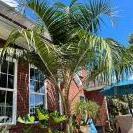


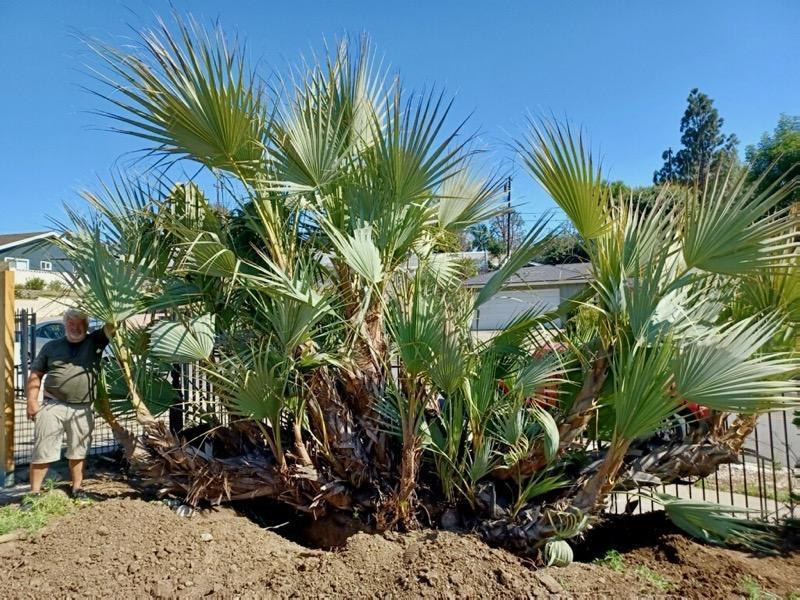
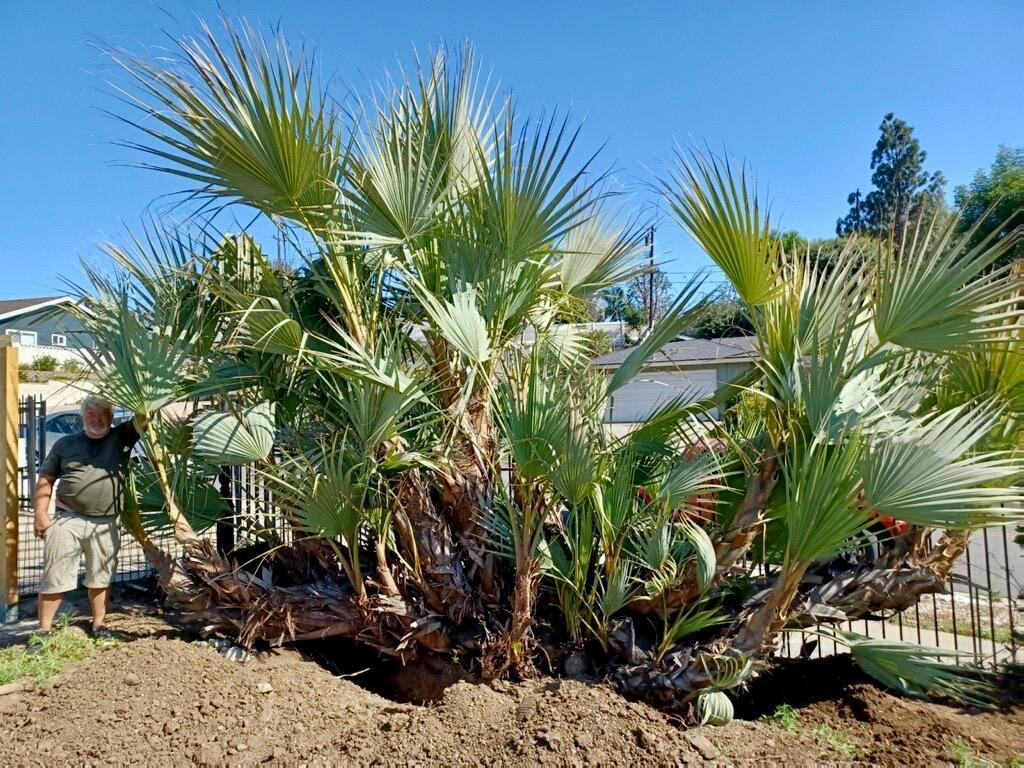




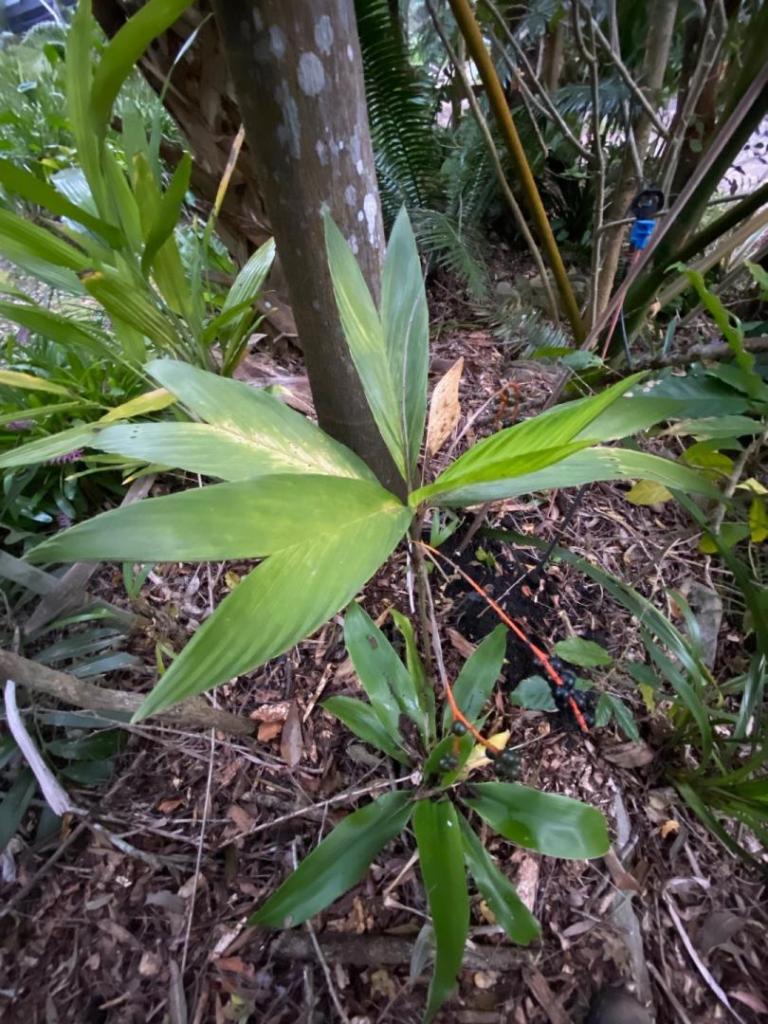

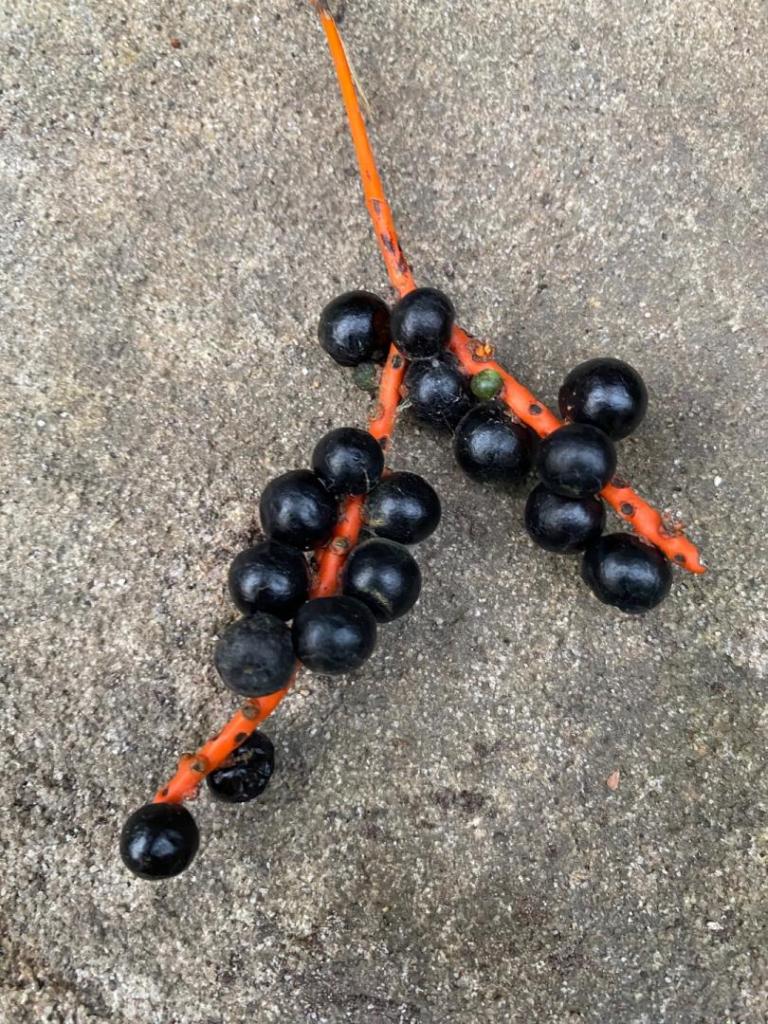

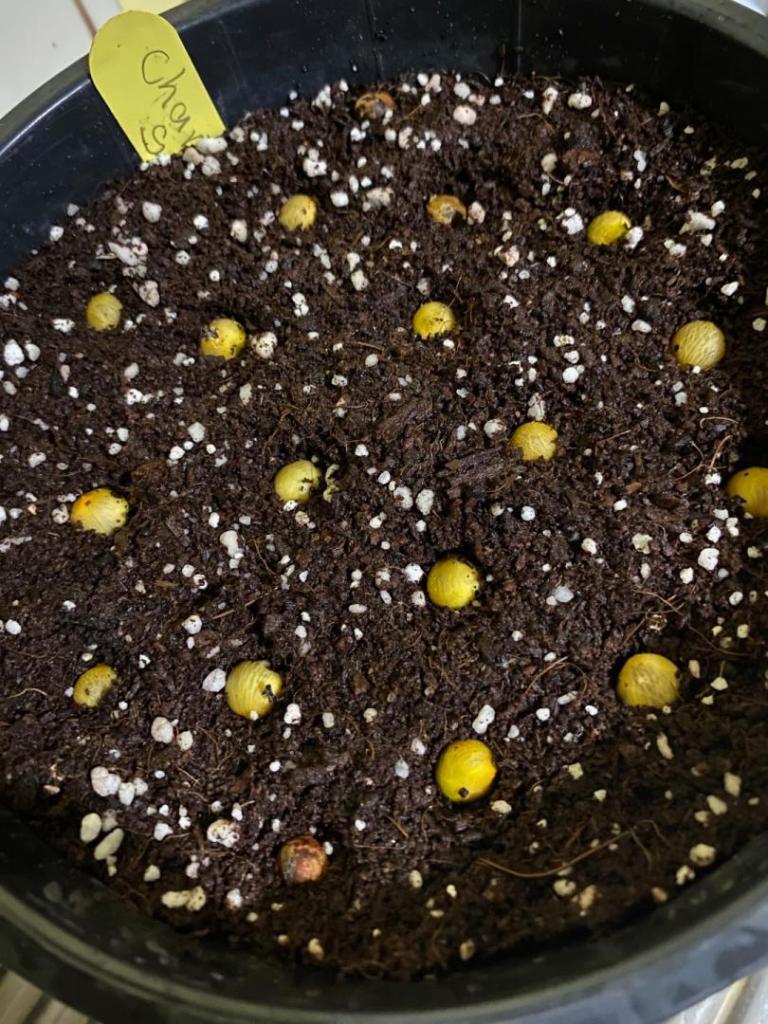

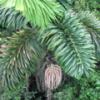
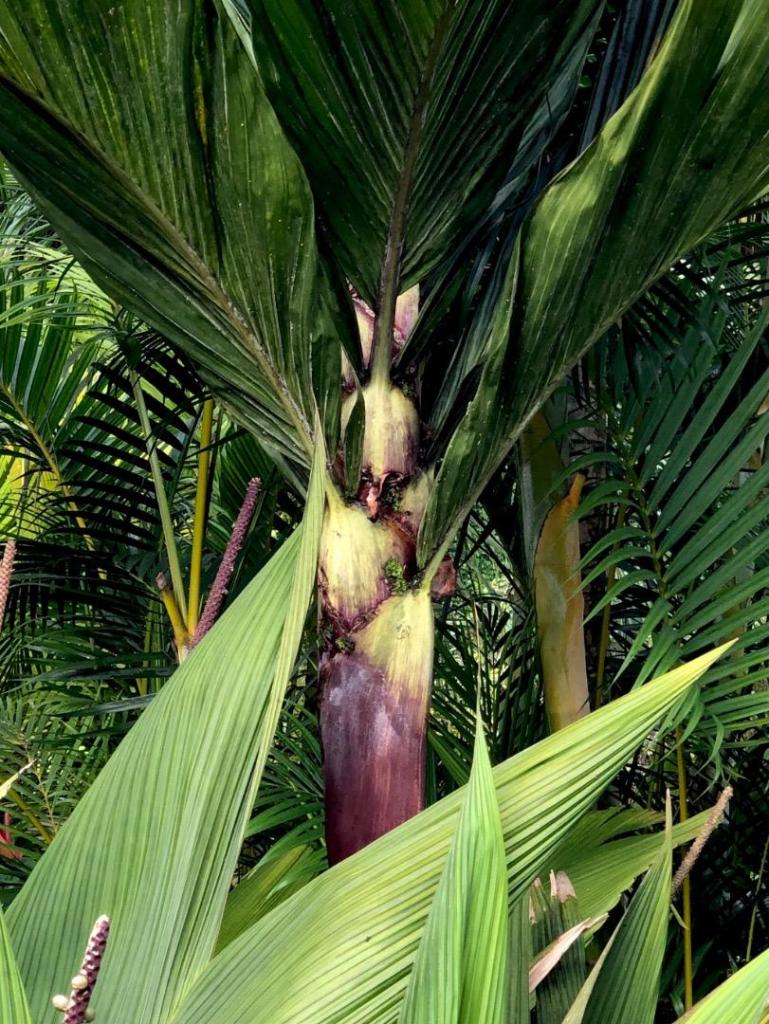
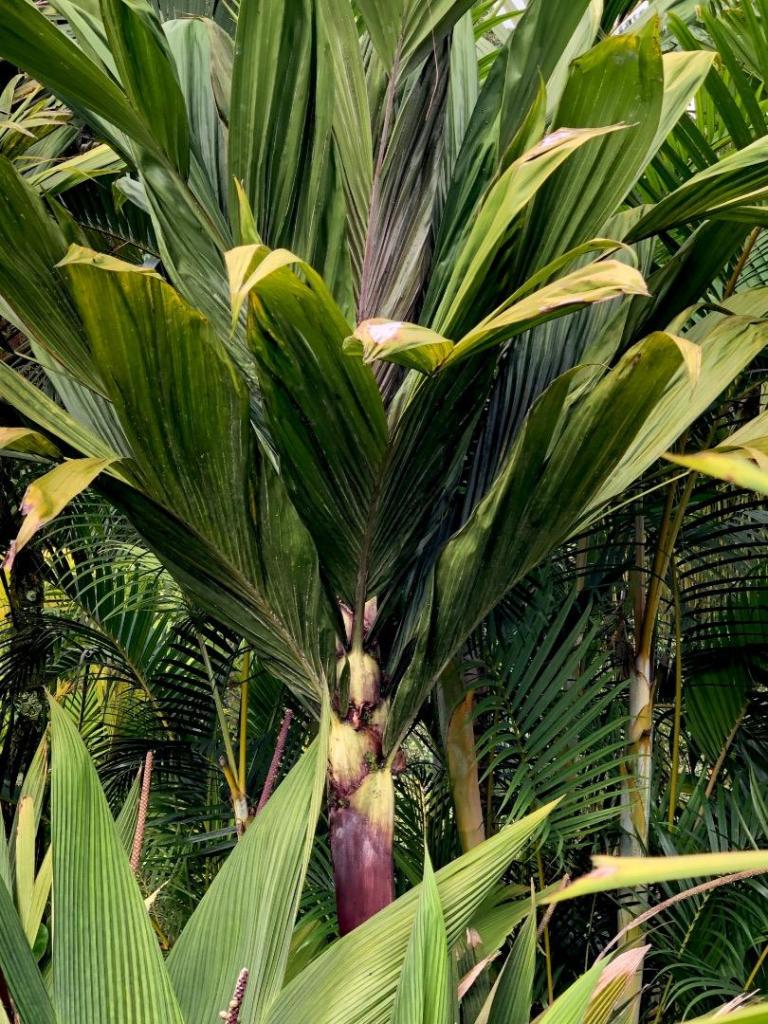



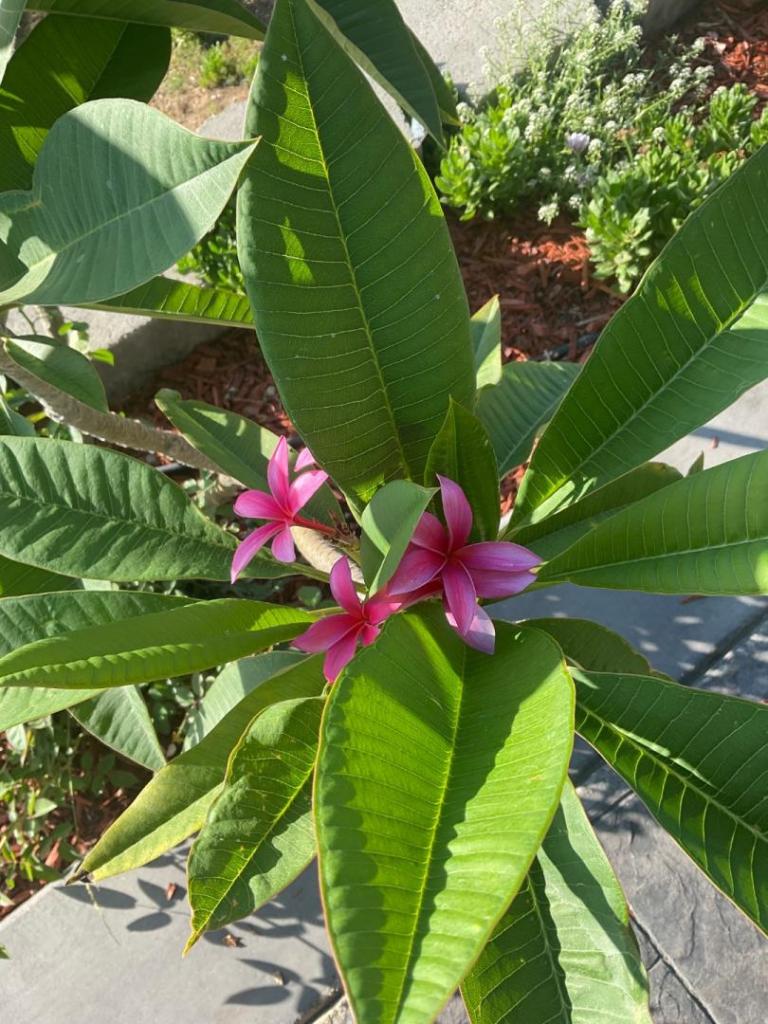
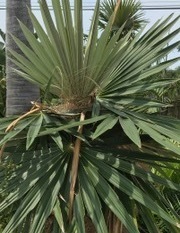


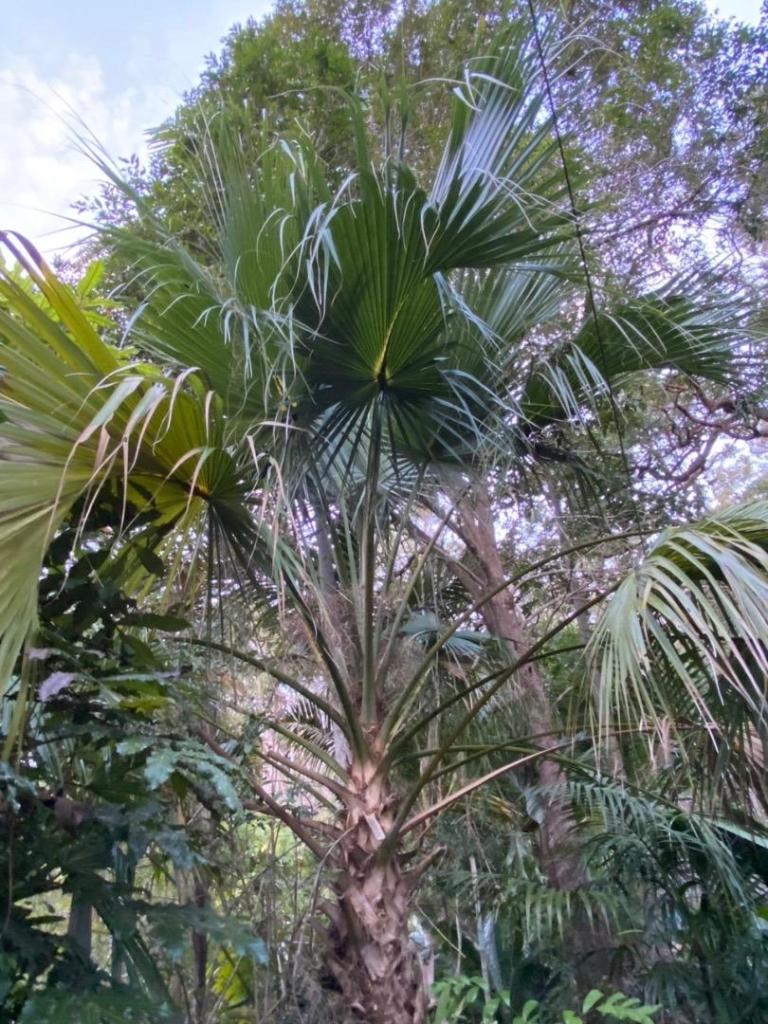

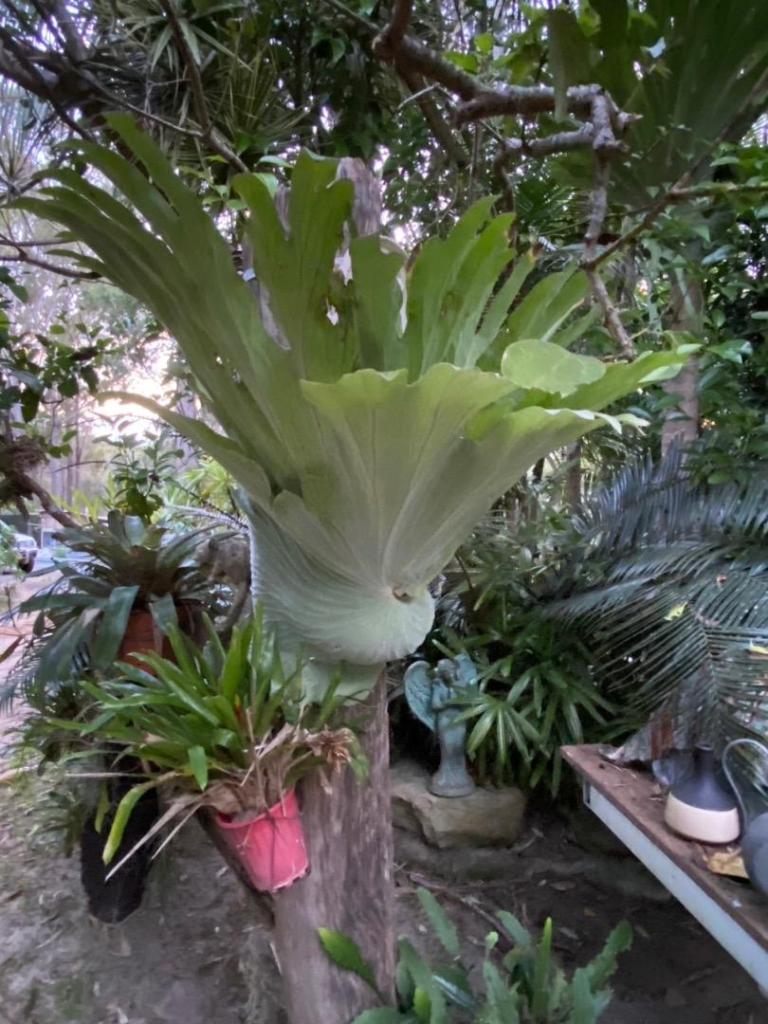


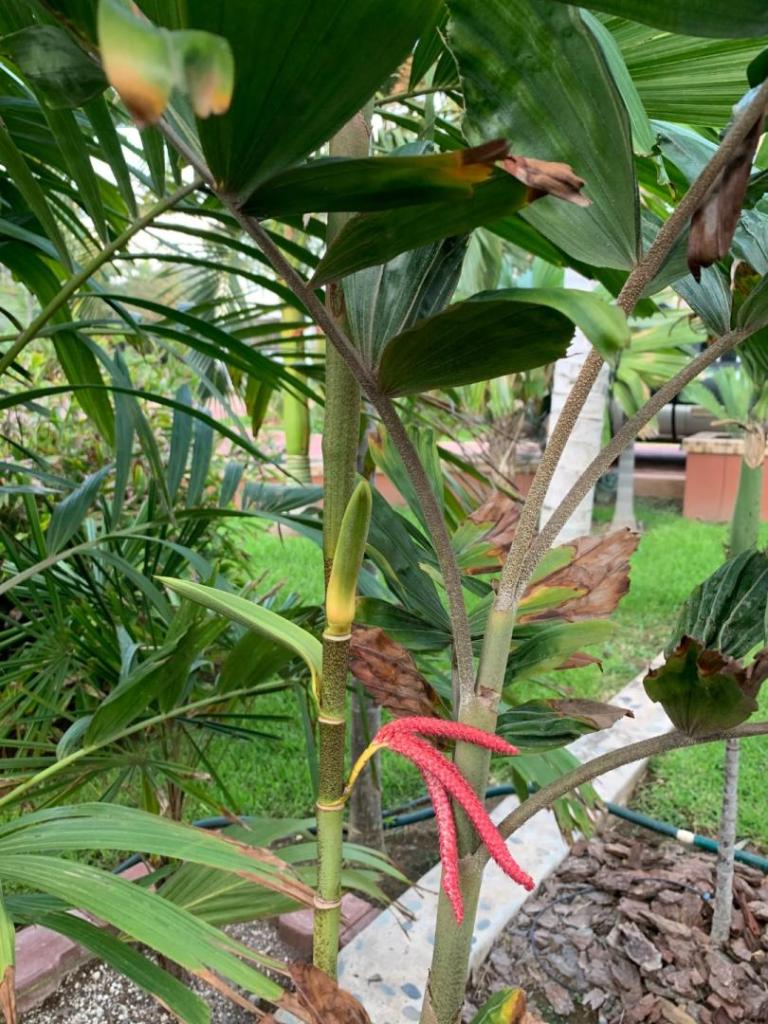
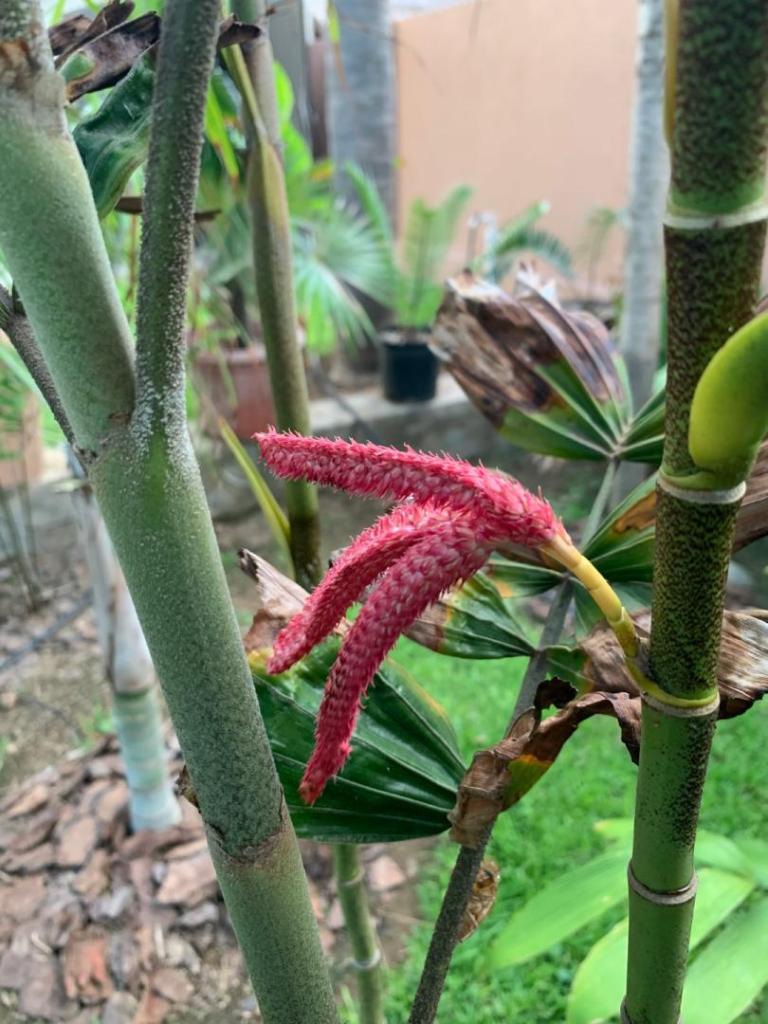



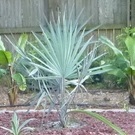

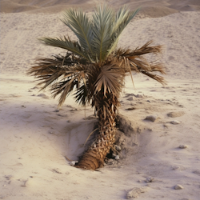
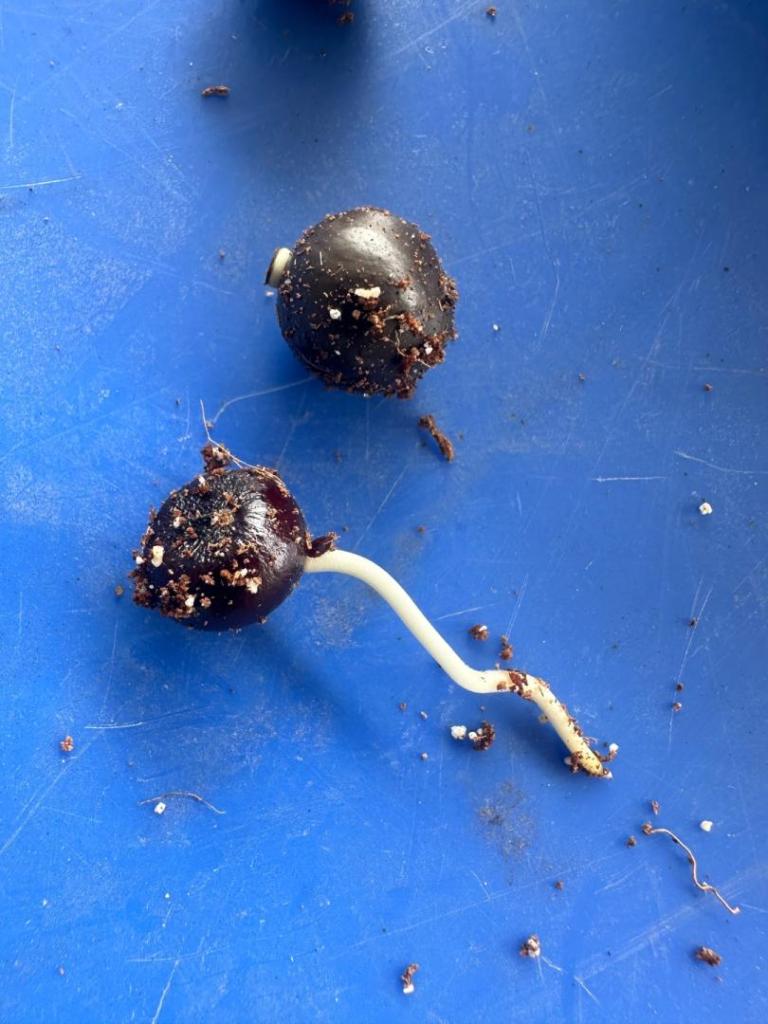



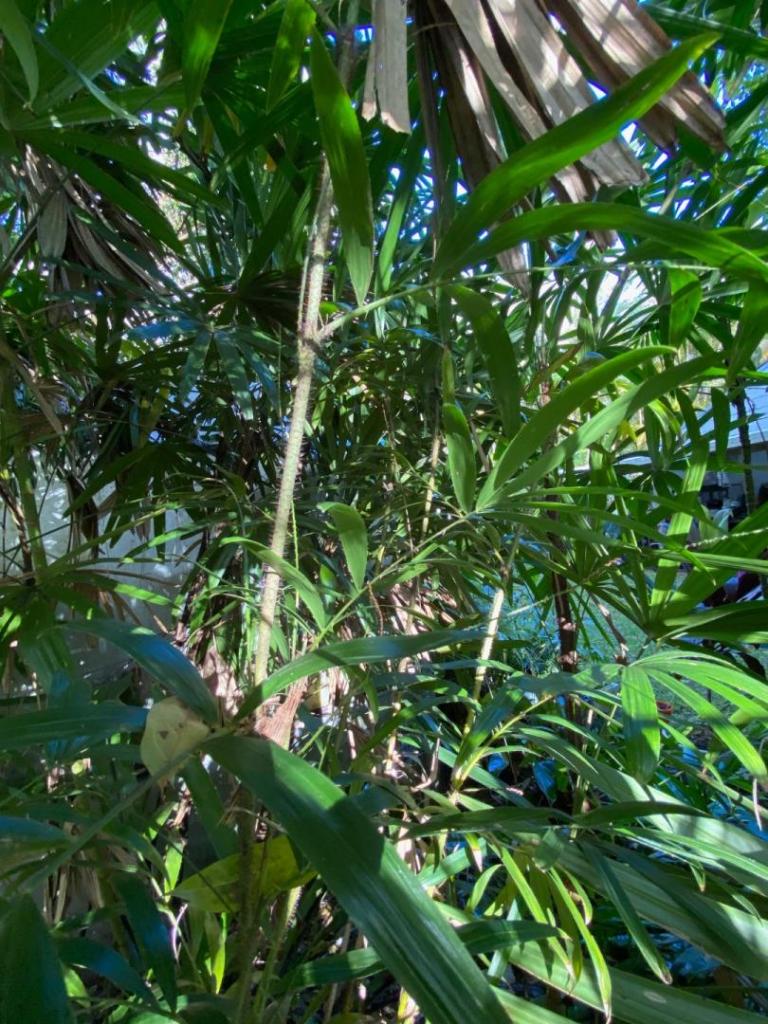


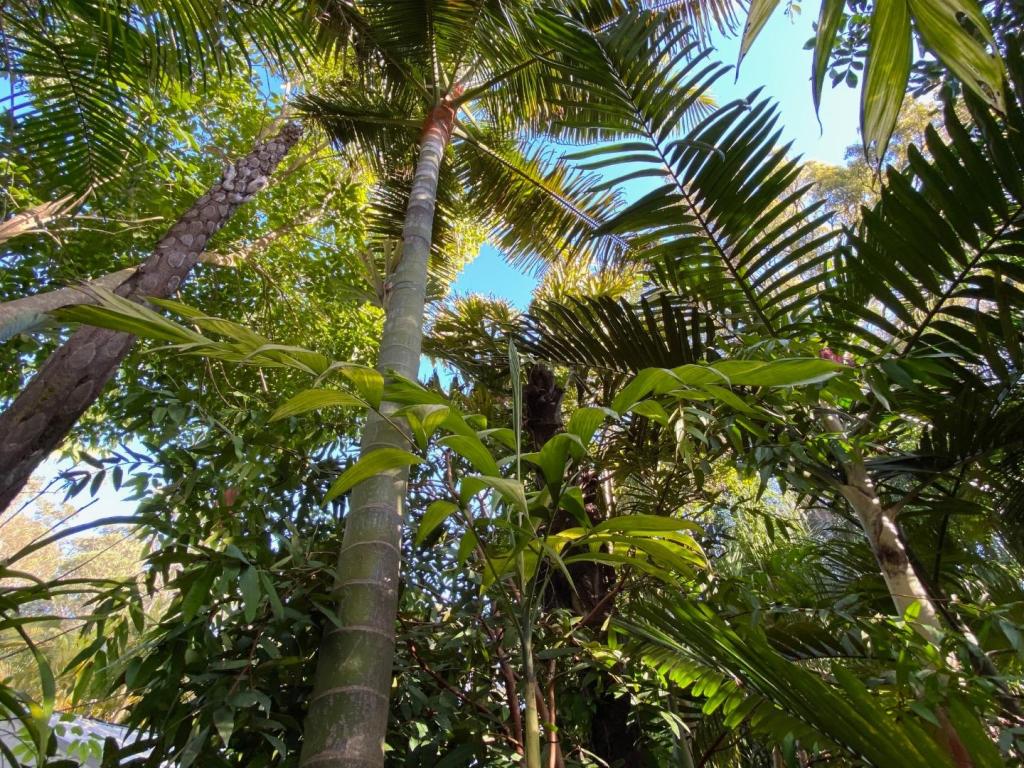



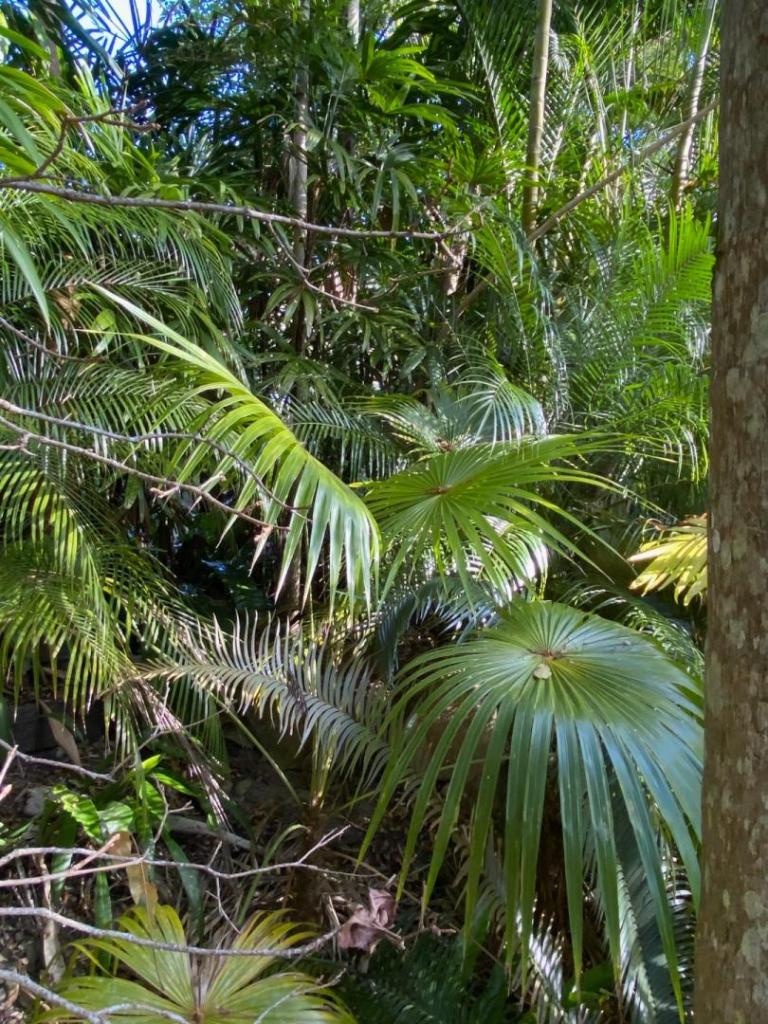


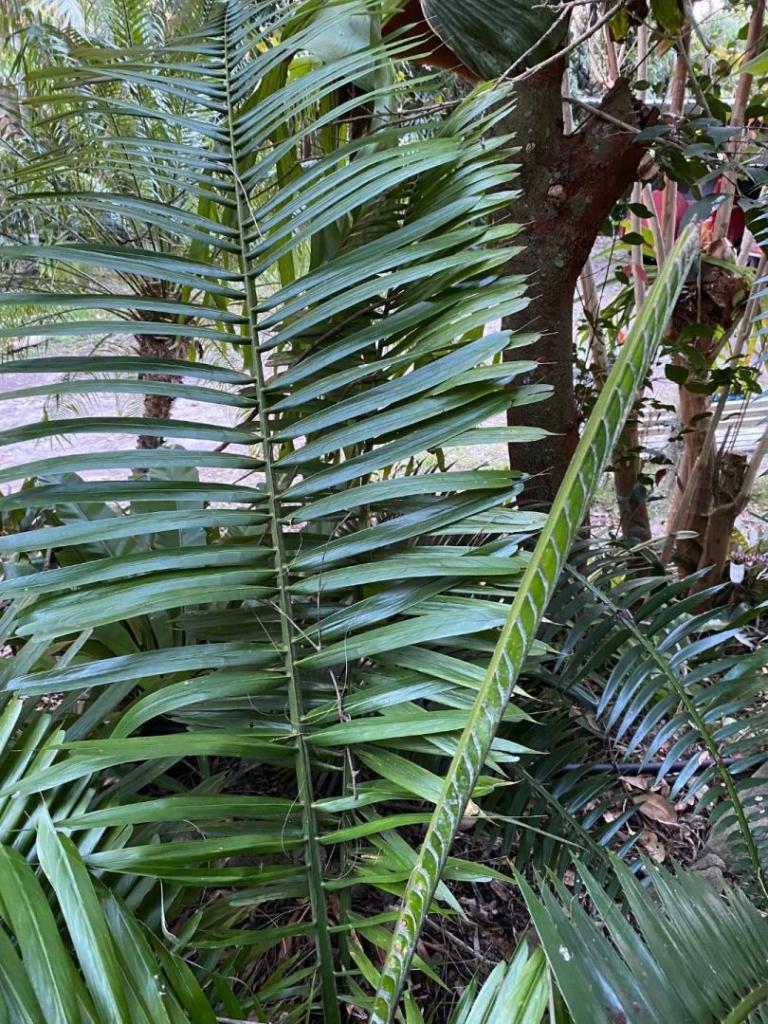



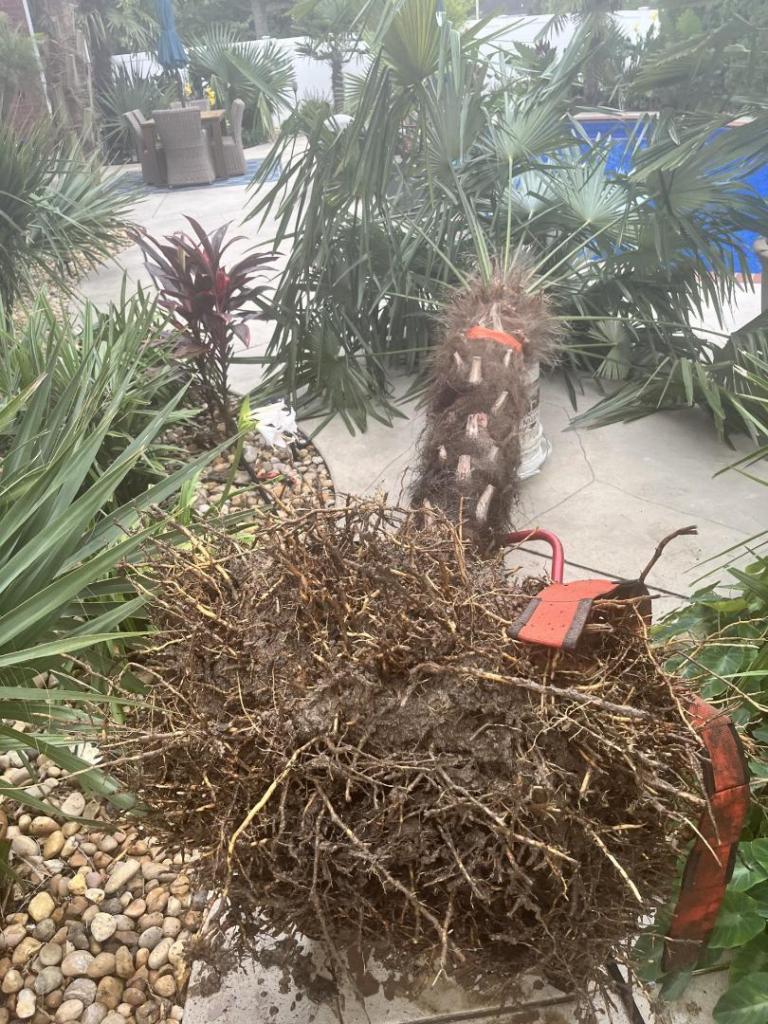

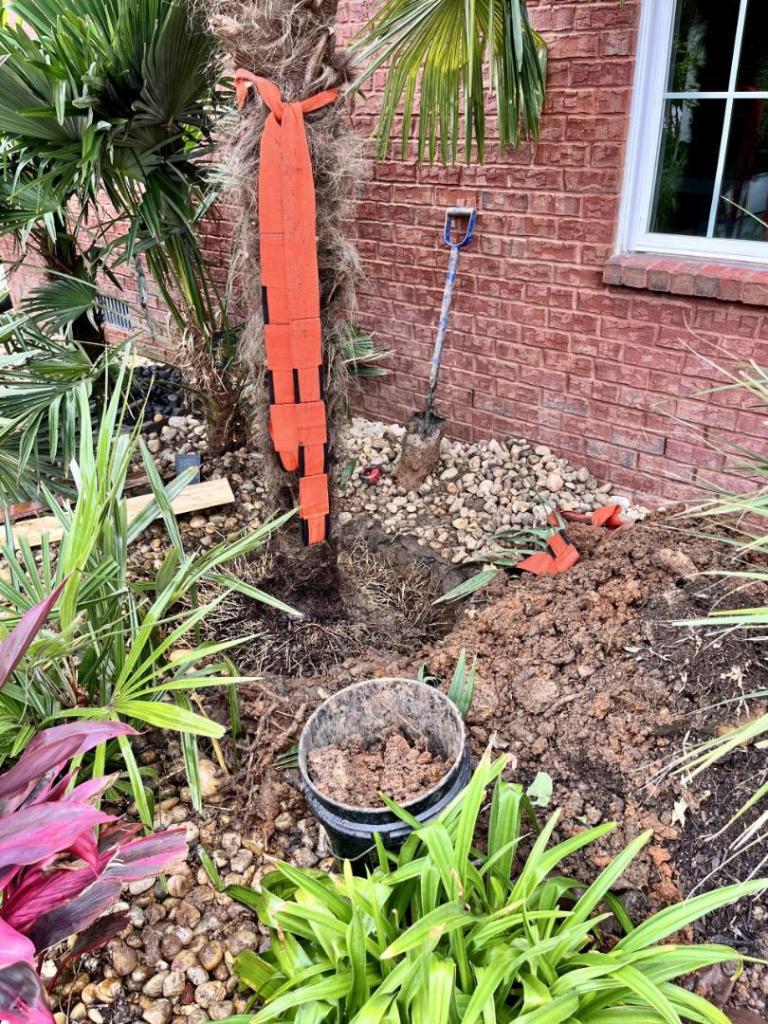
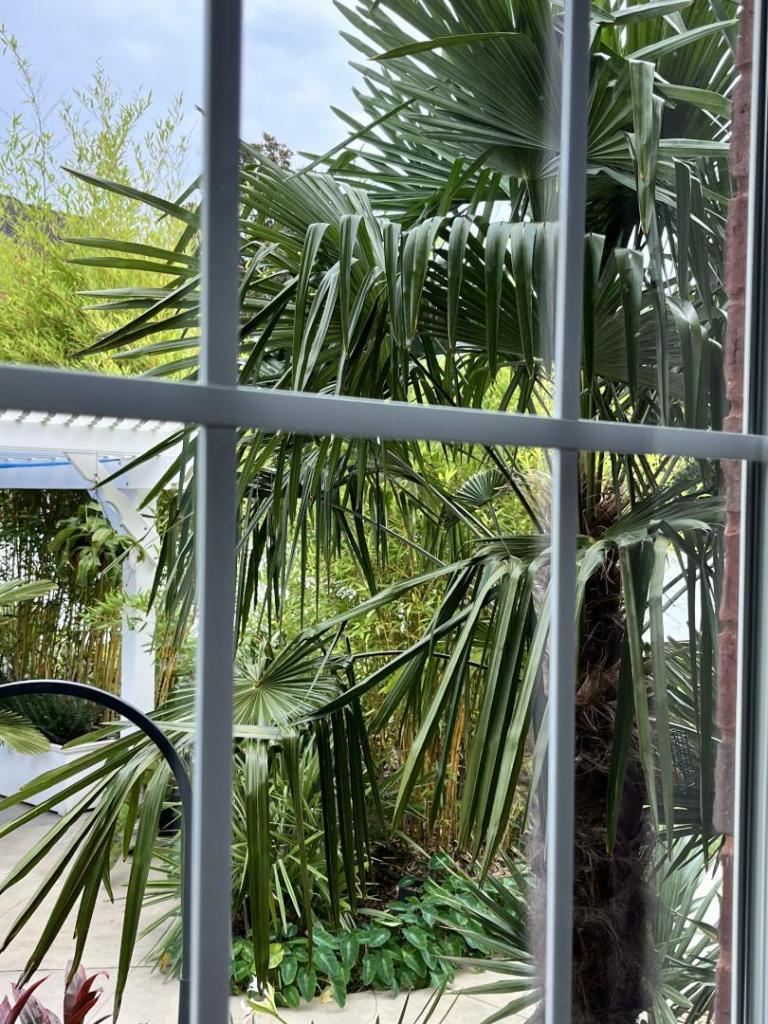



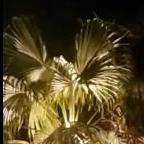


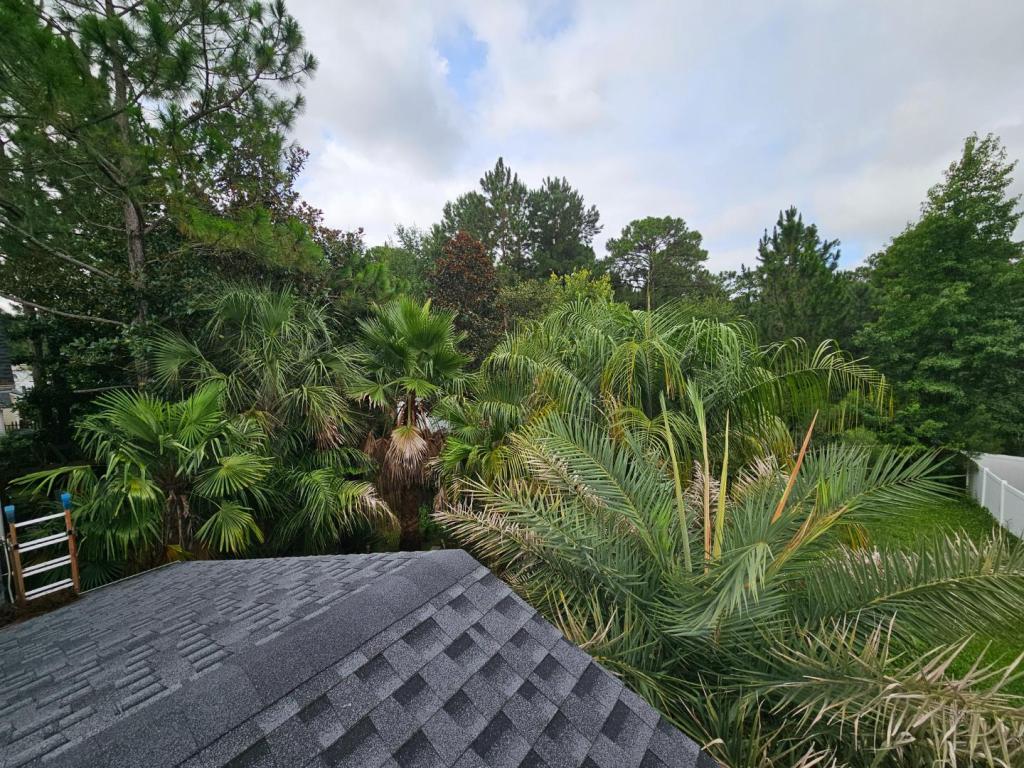





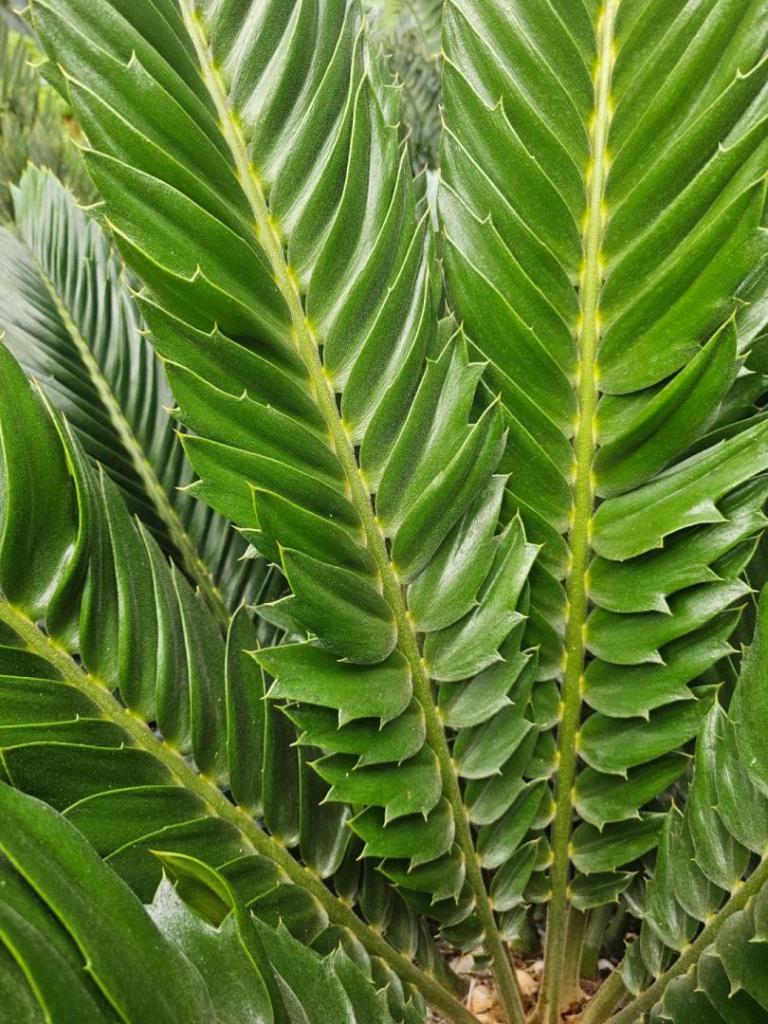

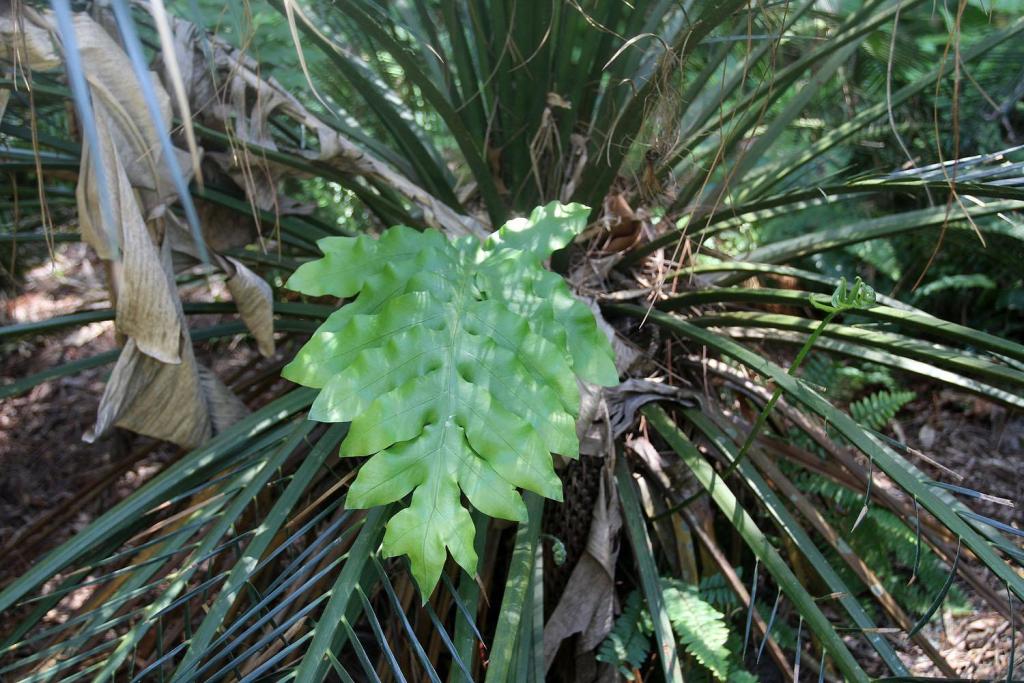
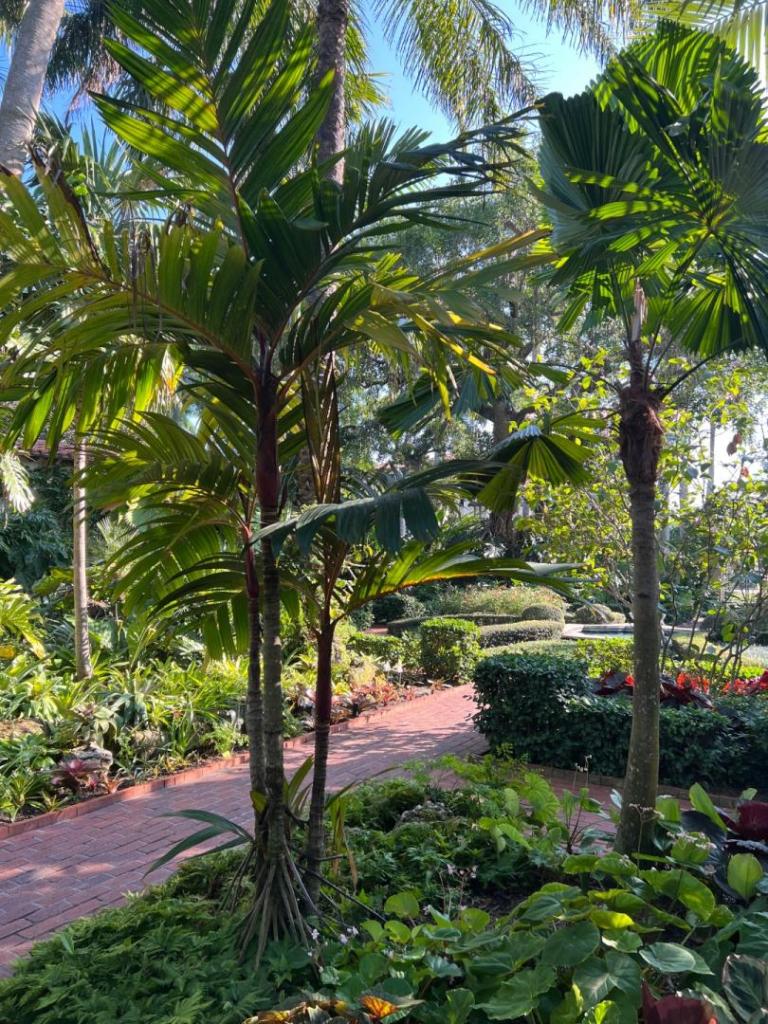








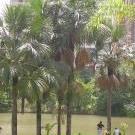


.jpg.0cf735c7525858af1582442942bc68e8.thumb.jpg.894f59a749fff01eb286c1fe4a50ab62.jpg)


